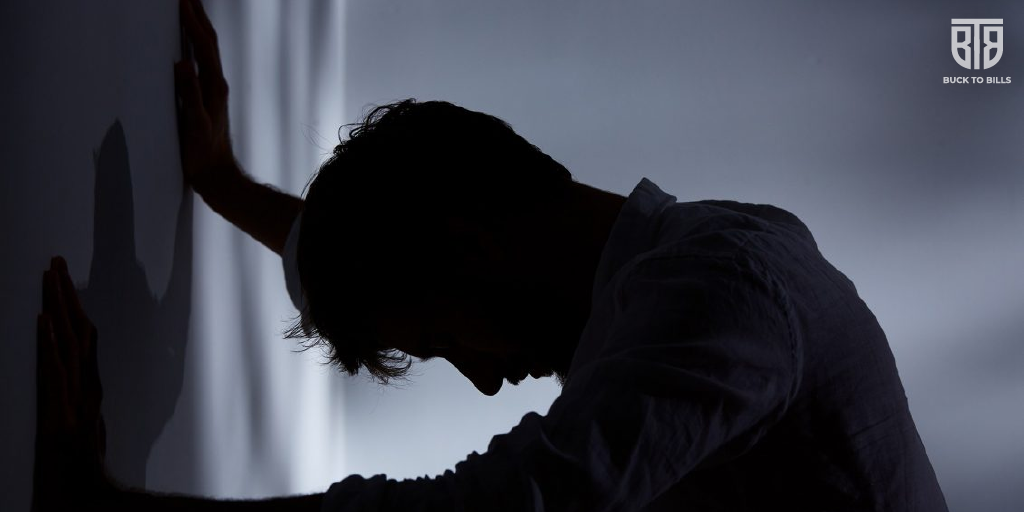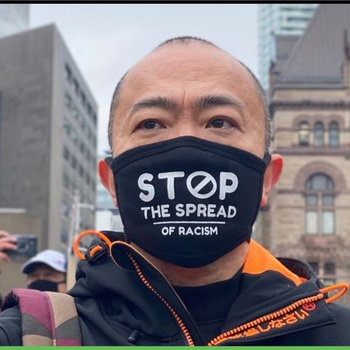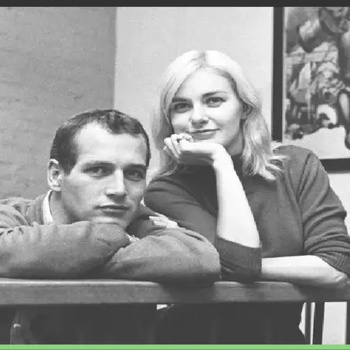May or may not, what do you think, dear readers? I opine that depression has always been a pandemic, a widespread global impacting pandemic that is deceitfully invisible to many. Just like our present invisible enemy, the COVID-19.
Let us briefly examine how the havoc creating coronavirus has influenced the mental status of people world over. Hey! a simple, single virus capable enough of crashing and bringing the global economy to its knees, patients outnumbering the intensive care unit beds of even the most sophisticated and developed countries of the world and worst of all, confuses the minds of healthcare workers and patients alike with its symptoms and symptom-free episodes? Isn't it a dreaded feeling that coronavirus may be present all around you and even within you at this instant while you are totally unaware of it.
Well, anxiety can set in when you go to a public place or department store. A country will impose lockdown to prevent further spread of the virus. Consider yourself locked in your abode or quarantined in case of suspected exposure. Gradually, over a period of days, a sense of 'lowliness' develops which will progress to depression. Depression is a silent killer. You can be really concerned about your job. Reasons can be either that you are asked to work from home avoiding the familiar comfort and ambience of your routine work or that you run the risk of losing your job. In either way, you can lose your income. This, in turn, paves the way for depression.
When a person is isolated--room isolation or house isolation, he finds himself in the precincts of his room. This can aggravate his mental agony as he has no direct contact with his friends or family. Result---depression over the long term. This is because of his social interactions, hours of entertainment, etc are drastically curtailed. Are you aware of the worst form of human torture? Well, it is not physical torture but a person being exiled to a desolate island that he has no contact with another human. The feeling of loneliness is too much a man can endure contributing to depression.
In the present context, the clinical and non-clinical staff (physicians, nurses, other hospital staff, voluntary workers and cops) have worn out due to long working hours attending the affected patients. Some form of depression sets in them too with this sort of mental distress
Well, how can one understand that his/her beloved relative is showing signs of depression? Let us consider a scenario: Johnny who is an engineer coming out of isolation is always feeling sad. He cries promptly with no obvious reason. He in between tells his mother. "Mom, I am feeling so hopeless." He throws the utensils to the floor. He gradually loses interest in his work. Even if he goes, his senior at work complains, "Joe, why the hell don't you concentrate?" Hmm... His dad asks his mom, "Why doesn't he go out to play his usual soccer in the evening?" His mother too feels deeply concerned about her son. She enquires with his close friends over the phone. Paul replies, "Aunt, when we go to the staff canteen, he does not eat anything. Even his favourite cheeseburger." One day, his dad asked, "Son, what has happened to you?"Joe sobbed," Why am I feeling so worthless? "Johnny is rushed to the Emergency Department the next day for consuming an overdose of acetaminophen. His Physician after making a thorough clinical examination and performing certain investigations concluded that Johnny is suffering from depression.
Come on, folks...I brought out this fictional story not to prove that all who gets out of isolation in the midst of this pandemic suffers from depression. The isolation must have been an eye-opener to the chronically innate problem in a person. When a person loses his job, he may fall into depression as he is the sole breadwinner for his family
Are there methods to counter this deadly disease?
Yes, of course! There are video conferencing apps through which delegated psychologists can provide help to these people. Through properly channelled counselling, the signs can be picked up at an early stage and treated along with medication. Psychoeducation also helps.
Don't you think that it is high time we revert to our simple hobbies? We need to spend 'quality time' for ourselves. The monotony of our daily routine can be broken with this. Listening to your favourite music, spending time with nature, deep breathing exercises, meditation, spending time with your loved ones and writing a gratitude journal are just some of these. Playing your favourite sport is another stress buster.
Yoga has assumed importance in recent years. Originated in India, through particular postures (known as 'asanas') and controlled stretching Yoga, of course, imparts the desired effect and reduces the chances of depression
Alas! to summarise, you need to get that extra boost of endorphins into your system regularly and these methods can help in your general well being and most of all, to fight depression.
Image Source: The Legitimate




















